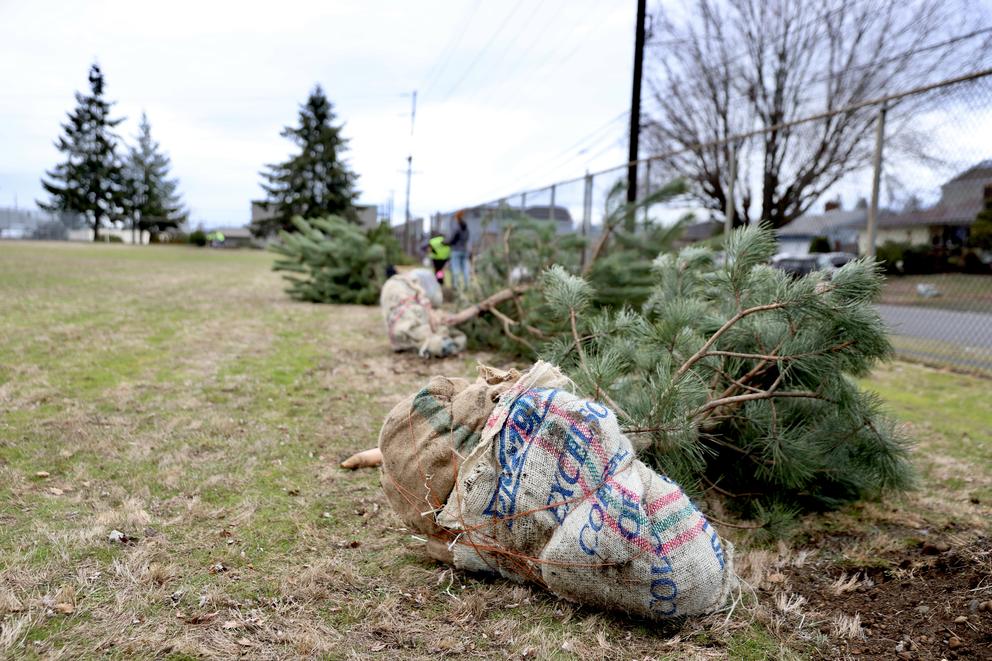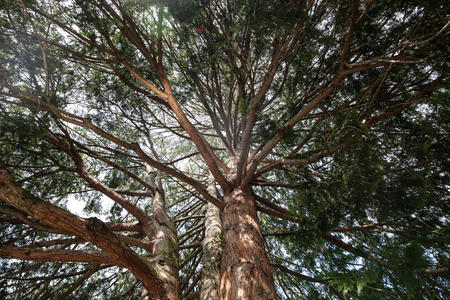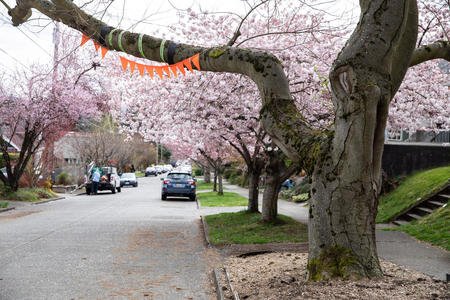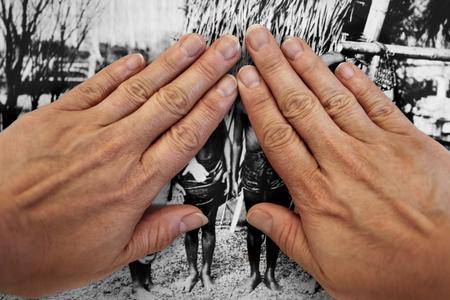On Thursday, April 13, the Washington Department of Natural Resources announced a statewide partnership with nonprofit American Forests to help every community in the state understand and close gaps in tree inequities.
The department has lobbied for better resources to help municipalities prioritize forestry, analyze their canopy’s makeup and improve tree density and health in the least forested neighborhoods — overwhelmingly those impacted by racial and economic injustice.
To help identify where the need is greatest, DNR has used American Forests’ tree-equity scoring tool. An analysis of 14 Washington cities and 3,500 neighborhoods shows at least 2 million Washingtonians live with less than half the canopy the nonprofit deems necessary for health and well-being, according to DNR Commissioner Hilary Franz. To completely close those gaps, she says, 13 million trees will need to be planted.
The partnership, Franz said, “enables us to accelerate and expedite the necessary work that we must be doing in every neighborhood.”
DNR approached American Forests a few years ago because of its skills and tools available for tree-equity analysis, as well as the organization’s relationships with federal and private groups that might leverage additional technical and financial assistance.
Cities access these tools by making tree-equity pledges. Seattle is the first city to sign on. There is no minimum requirement for a pledge, Franz says, to ensure every municipality can participate within its means. Seattle has committed to planting and maintaining thousands of trees and to developing a plan to achieve tree equity.
Get daily news in your inbox
This newsletter curates some of the most important headlines of the day from Crosscut and other news outlets.





